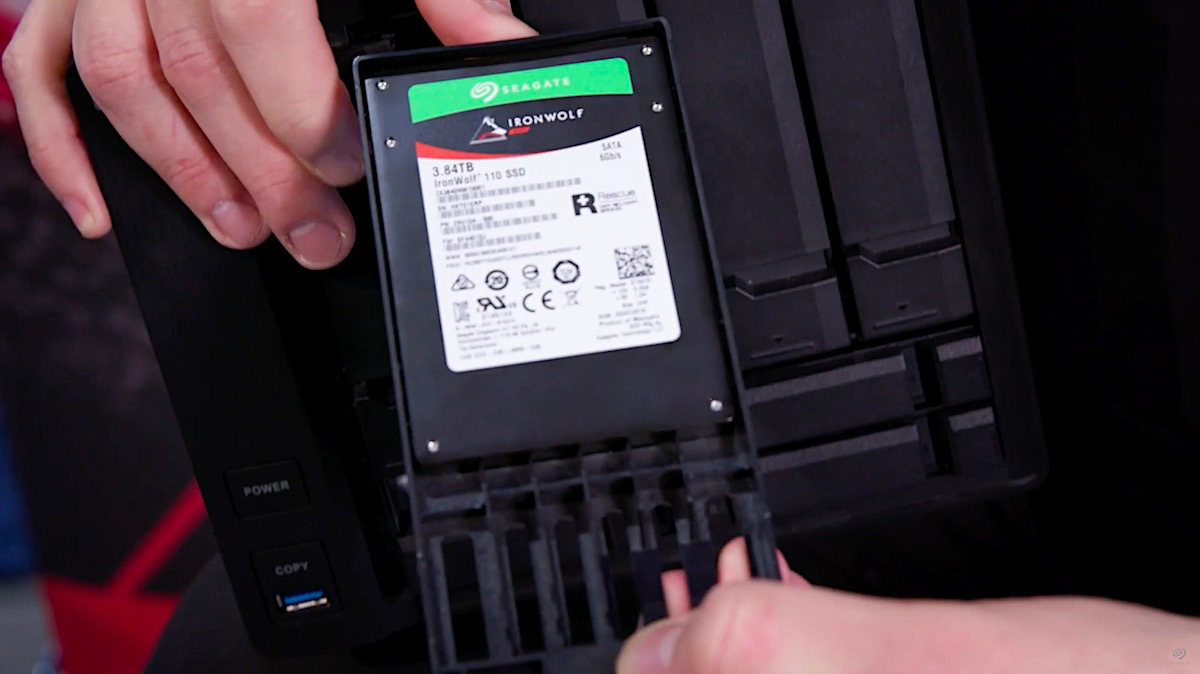Full Disk Encryption is the elegant solution to elaborately hacked passwords
Engadget has recently raised the alarm over gaps in software-based encryption security. First, they reported that keys can be recovered from DRAM with a complex but possible process. Next, they pointed out that thumb drives could be used in a simpler variation of the technique.
Good news: you can close this gap with a hard drive with Full Disc Encryption (FDE), like the Momentus 5400 FDE.
-
The cryptographic key never leaves the hard drive
-
It’s stored on an ASIC in the hard drive with no probe points
-
Any attempt to remove the ASIC from the drive package locks the drive and cuts power to the chip, erasing its memory
For those serious about security, stop messing with bandaids and lock it down tight. Here’s a more detailed description of this.
I’ve posted several times on data security and encryption issues.








[…] it can’t be hacked the way software-based PC data encryption schemes can. Just don’t lose your password! That’s why key management is such an essential part […]
[…] it can’t be hacked the way software-based PC data encryption schemes can. Just don’t lose your password! That’s why key management is such an essential part […]
[…] like hacks before it (remember Cold Boot?), the Evil Maid doesn’t work on self-encrypting hard drives like those from Seagate. […]